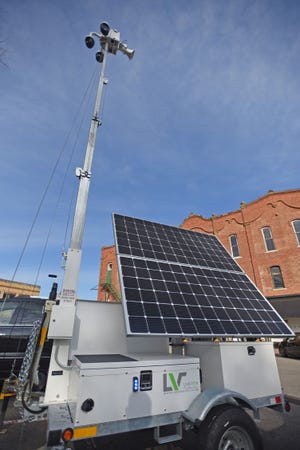New York Department Of Financial Services Questions Its Regulated Entities On Responses To And Lessons Learned From The SolarWinds Cyberattack – Technology
In December 2020, a cybersecurity company alerted the world to a
major cyberattack against the U.S. software development company,
SolarWinds, through the company’s Orion software product
(“SolarWinds Attack”). The SolarWinds Attack went
undetected for months, as it has been reported that the hackers
accessed the source code for Orion as early as March
2020.1 Orion is widely used by companies to manage
information technology resources, and according to SolarWinds Form
8-K filed with the Securities and Exchange Commission, SolarWinds
had 33,000 customers that were using Orion as of December 14,
2020.
It is alleged that the SolarWinds Attack was one part of a
widespread, sophisticated cyber espionage campaign by Russian
Foreign Intelligence Service actors which focused on stealing
sensitive information held by U.S. government agencies and
companies that use Orion.2 The hack was perpetuated
through SolarWinds sending its customers routine system software
updates.3 SolarWinds unknowingly sent out software
updates to its customers that included the hacked code that allowed
the hackers to have access to customer’s information technology
and install malware that helped them to spy on SolarWinds’
customers, including private companies and government entities,
thereby exposing up to 18,000 of its customers to the
cyberattack.
The New York Department of Financial Services (“DFS”)
alerted DFS-regulated entities of the SolarWinds Attack on December
18, 2020 through the “Supply Chain Compromise
Alert.”4 The Supply Chain Compromise Alert included
guidance from the U.S. Department of Homeland Security’s
Cybersecurity and Infrastructure Security Agency, SolarWinds, and
other sources, and reminded the regulated entities of their
obligations under the New York Cybersecurity Regulation
(“Cybersecurity Regulation”), adopted in 2017, which
requires DFS-regulated entities, including New York banks,
insurance companies and producers and other financial services
firms, to develop a comprehensive cybersecurity program, implement
specific cybersecurity controls, assess cybersecurity risks posed
by third-party service providers, and notify the DFS of
“cybersecurity…


